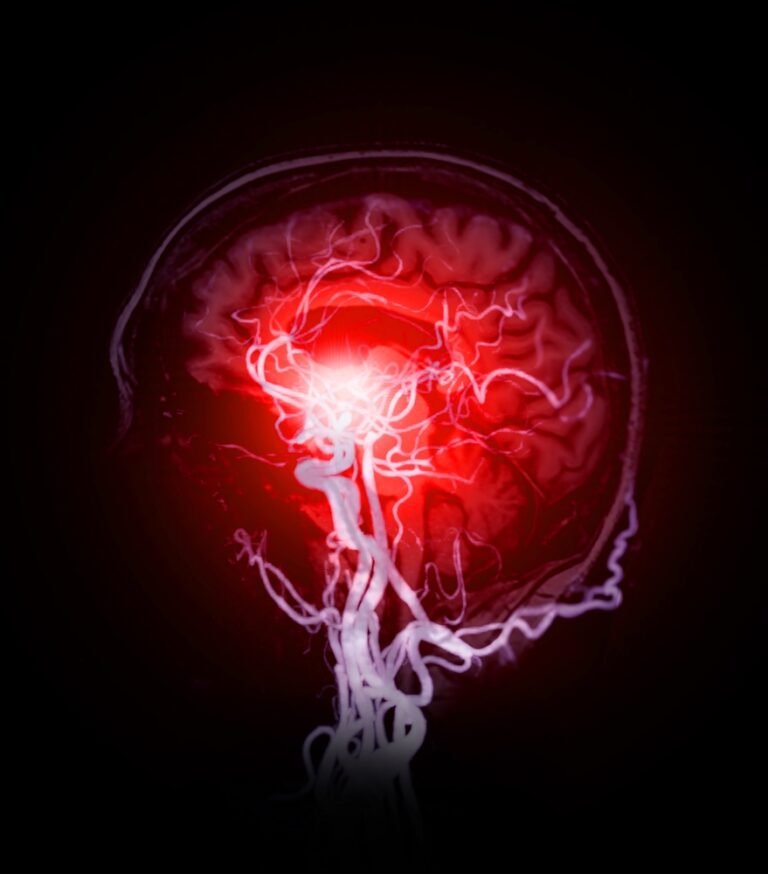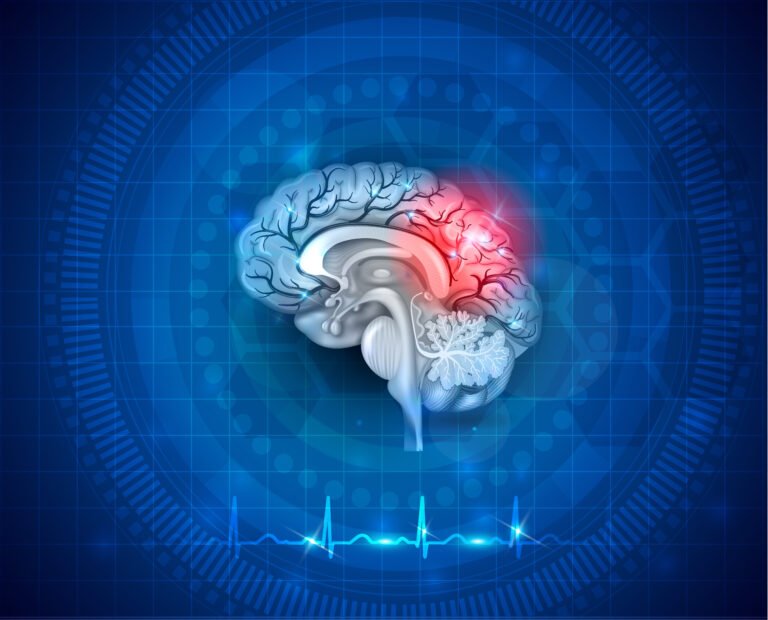Follow us and share.
Gastritis, Reflux, and Irritable Bowel Syndrome: How to Identify and Treat Them
Discover how to identify and treat gastritis, reflux, and irritable bowel syndrome. Learn symptoms, causes, and effective treatments to improve digestive health.

Understanding the Most Common Digestive Disorders
Digestive problems affect millions of people around the world and can negatively impact quality of life. Gastritis, gastroesophageal reflux, and irritable bowel syndrome (IBS) These are some of the most common diseases, characterized by abdominal pain, heartburn, inflammation, and digestive disorders.
In this article, you'll learn how to identify each of these conditions, what their causes are, and what treatments are available to effectively manage them.
What is Gastritis and How Does It Affect the Digestive System?
The gastritis It is the inflammation of the stomach lining, which can cause heartburn, pain, and digestive discomfort. It can be acute (sudden onset) or chronic (long-lasting).
📌 Main causes:
- Infection by Helicobacter pylori.
- Excessive consumption of alcohol or tobacco.
- Long-term use of anti-inflammatory drugs (NSAIDs).
- Stress and bad eating habits.
📌 Most common symptoms:
- Pain or burning in the upper abdomen.
- Nausea and vomiting.
- Feeling of early satiety when eating.
- Loss of appetite and unintentional weight loss.
📌 Treatment and prevention:
- Healthy diet: Avoid irritating foods such as spicy, acidic, and fried foods.
- Use of antacids and proton pump inhibitors (PPIs).
- Eradication of H. pylori with antibiotics when necessary.
- Avoid alcohol, tobacco and excessive stress.
Mayo Clinic – Information about gastritis.
Gastroesophageal Reflux Disease: Why Does It Occur and How to Control It?
He gastroesophageal reflux disease (GERD) It is a condition in which stomach acid rises into the esophagus, causing a burning sensation known as heartburn.
📌 Factors that trigger it:
- Abnormal relaxation of the lower esophageal sphincter.
- Obesity and overweight.
- Consumption of coffee, alcohol, fatty or spicy foods.
- Go to bed immediately after eating.
📌 Common symptoms:
- Burning in the chest (heartburn) and a feeling of acidity.
- Acid regurgitation or bitter taste in the mouth.
- Chronic cough and recurring sore throat.
- Difficulty swallowing in severe cases.
📌 Measures to relieve reflux:
- Avoid irritating foods and large meals before bedtime.
- Raise the head of the bed to prevent nighttime reflux.
- Taking antacids or acid blockers under medical supervision.
- Maintain a healthy weight to reduce pressure in the stomach.
NIH – Guide to gastroesophageal reflux.
Irritable Bowel Syndrome: How to Manage Its Symptoms
He irritable bowel syndrome (IBS) It is a functional digestive disorder that affects the colon and is characterized by recurrent abdominal pain and alterations in intestinal transit.
📌 Main causes and triggers:
- Stress and anxiety.
- Diet rich in ultra-processed foods.
- Food intolerances, such as lactose or gluten.
- Alterations in the intestinal microbiota.
📌 Most common symptoms:
- Abdominal pain and cramps.
- Distension and bloating.
- Episodes of diarrhea or constipation.
- Gas and digestive discomfort.
📌 How to improve quality of life with IBS:
- Low FODMAP diet (avoid onions, garlic, legumes and artificial sweeteners).
- Regular exercise to improve intestinal motility.
- Stress management with relaxation and mindfulness techniques.
- Probiotics and supplements that promote the balance of the intestinal microbiota.
Cleveland Clinic – Information on irritable bowel syndrome.
General Tips for Healthy Digestion
Regardless of the digestive condition you may have, adopting healthy habits can reduce symptoms and improve your overall well-being.
📌 Key recommendations:
- Maintain a balanced diet with fiber and lean proteins.
- Avoid excessive consumption of caffeine, alcohol, and processed foods.
- Drink enough water for optimal digestion.
- Reduce stress and practice physical activity regularly.
- Attend regular medical checkups for proper diagnosis and treatment.
WHO – Tips for optimal digestive health.
Conclusion: The Importance of Timely Diagnosis and Treatment
Digestive diseases such as gastritis, reflux, and irritable bowel syndrome can affect quality of life if not properly controlled. With early diagnosis and lifestyle changes, it is possible reduce symptoms and improve digestive function.
🌟 Advice: Don't ignore persistent digestive symptoms. Consult a specialist to receive appropriate treatment and improve your well-being.
Meta description: Discover how to identify and treat gastritis, reflux, and irritable bowel syndrome. Learn symptoms, causes, and effective treatments to improve digestive health.



